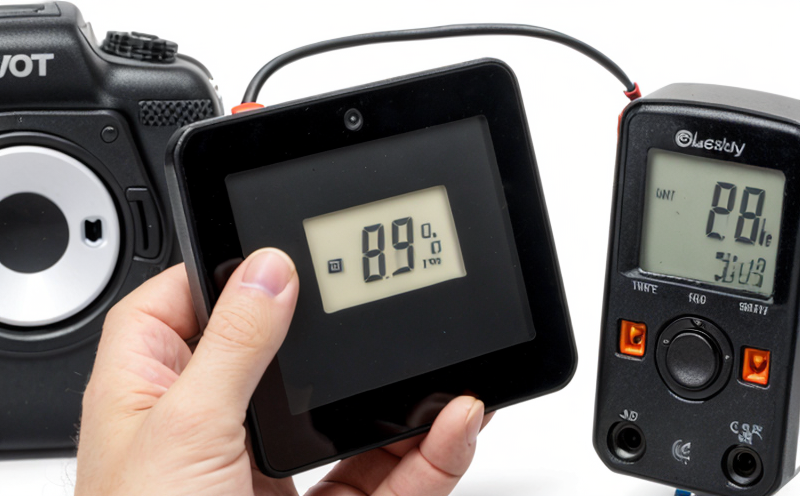Transformer Testing in Small Devices
The testing of transformers within small electronic devices is a critical step in ensuring product safety and compliance with international standards. Transformers play a pivotal role in converting electrical energy from one voltage level to another, enabling the safe operation of various components within these devices.
Consumer electronics are increasingly integrated into our daily lives, ranging from smartphones and wearables to home appliances and medical equipment. The transformer's efficiency and reliability can significantly impact product performance, user safety, and overall longevity. Ensuring that transformers meet rigorous testing standards is essential for maintaining quality and compliance in the global marketplace.
Our laboratory specializes in providing comprehensive testing services for transformers used in small devices, adhering to international standards such as IEC 60252, which sets out requirements for power supplies. Our testing process includes both destructive and non-destructive methods tailored specifically for miniaturized components, ensuring that the results are accurate and reliable.
For quality managers looking to ensure product safety, compliance officers aiming to avoid costly recalls, or R&D engineers seeking validation of new designs, our transformer testing services offer a robust solution. We employ state-of-the-art equipment and follow stringent protocols to deliver precise test data that can be used for certification purposes.
Our expertise extends beyond just the standard tests; we also conduct customized evaluations based on specific client requirements. This includes providing detailed reports highlighting any potential risks or areas of improvement, which are invaluable tools for continuous improvement efforts within organizations.
With our advanced facilities and experienced technical staff, we guarantee that each transformer undergoes thorough examination to meet the highest safety standards. By partnering with us, you can rest assured knowing your products have undergone rigorous scrutiny before reaching consumers.
Scope and Methodology
| Test Parameter | Description |
|---|---|
| Insulation Resistance | Evaluates the transformer's ability to withstand voltage without breakdown, ensuring safe operation. |
| Dielectric Strength | Tests the transformer’s capacity to handle electrical stress without failure or damage. |
| Power Factor Correction | Determines how efficiently the transformer manages reactive power, impacting overall energy efficiency. |
| Temperature Rise | Measures the increase in temperature during operation to ensure it remains within safe limits. |
Benefits
The primary benefit of transformer testing lies in enhancing product safety and preventing potential hazards associated with electrical malfunctions. By identifying issues early on, manufacturers can avoid costly repairs or recalls down the line.
Besides safety improvements, successful compliance with regulatory requirements strengthens brand reputation among consumers who value reliability above all else. Additionally, accurate transformer testing supports innovation by providing reliable data that drives product design decisions forward.
For companies operating internationally, meeting local standards ensures smoother market entry processes and reduces the risk of non-compliance penalties. It also helps in maintaining consistent quality across different markets.
Use Cases and Application Examples
- Incorporated into smartphones for efficient charging solutions.
- Integrated into wearable technology to power sensors and processors.
- Used in smart home devices like thermostats and security systems.
- Applied in medical equipment such as portable ECG machines.





